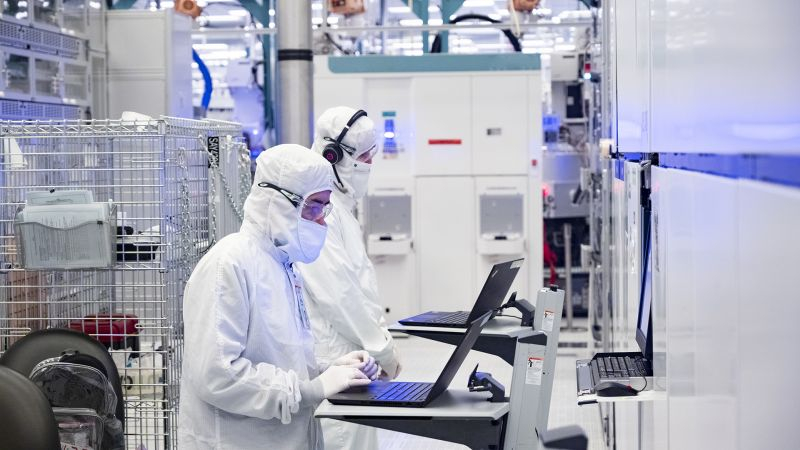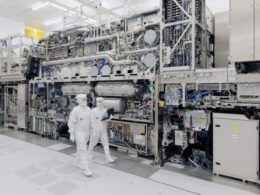In December 2021, Intel announced plans to establish an additional chip-making factory, slated for operation in 2028, in Kiryat-Gat, Southern Israel. The project was estimated to cost the tech company $25 billion. According to recent local reports, Intel has now rescinded contracts for the supply of equipment and materials for the prospective factory and is postponing its construction indefinitely.
The project had received approval from the Israeli authorities, who had pledged about $3.2 billion towards the new Intel factory’s construction. In return, Intel committed to purchasing locally-produced components and materials worth a predetermined sum annually for a decade. An Israeli energy company was even set to spend $900 million on the construction of a new power station, tasked with powering the Intel facility. The power station was initially set to be completed by 2026 and would have been operational for at least 20 years.
Intel is the largest foreign employer in Israel, staffing approximately 12,000 individuals in its factories and research centers across the country. A report from Calcalist affirms that some staff and executives from the existing Fab 28 facility in Kiryat-Gat have recently transitioned into roles within their U.S division, instrumental in erecting two modern factories in Ohio.
According to an inside source, the Ministry of Finance has been made aware of Intel’s tentative plans to delay the construction of the new Fab 38 in Israel. Intel representatives have given vague comments regarding the situation, highlighting their loyalty to Israel but noting the fluidity of their plans for establishing factories worldwide. Their decisions are influenced by several factors, including business conditions, market dynamics, and responsible capital management. It appears that Intel is currently unwilling to invest $25 billion from its own pocket into the Fab 38 construction, without any partners for this venture in Israel. While the promised $3.2 billion subsidies only cover a small fraction of the overall costs.





